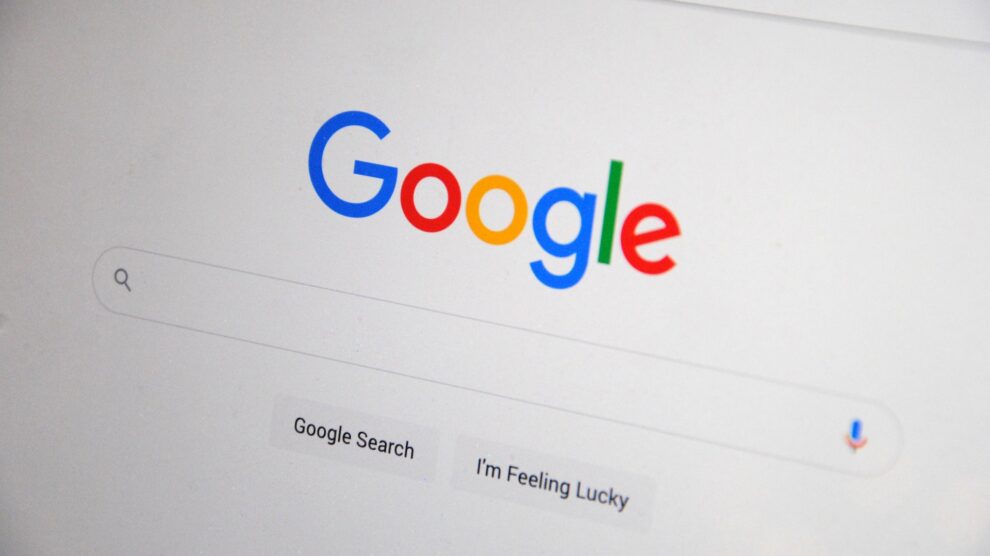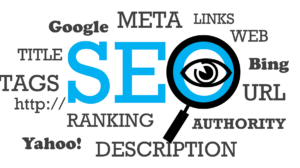Recently Google and Facebook announced that they were no longer allowing any cryptocurrency related ads to be published on their paid advertising platforms, Google AdWords and Facebook Ads.
The Google ban goes into effect in June 2018. While the Facebook ban is already in effect. Both industry giants stated the decision was made due to an unregulated and deceptive industry. I don’t really find these reasons very convincing. After all, they’re coming from leaders in the search engine marketing industry that have pioneered AI algorithms to weed out irrelevant and malicious advertising.
So why place a semi-immediate industry wide ban on cryptocurrency advertising? Especially considering the serious ad revenue one could generate from an industry that’s grown past $700 billion in value. I personally think it’s because both Google and Facebook have (very quickly) come to realize that the cryptocurrency market is too nuanced and decentralized (obviously) to regulate with respect to their current AI algorithms. I also think the path to that realization for both companies was paved by peer pressure.
Facebook has been under constant scrutiny this past year regarding Cambridge Analytica and the whole fake news controversy. While Google has had its own share of AI algorithm issues it has been battling with as well. As lucrative as ad revenue from the cryptocurrency market is, enacting an industry wide ban on the cryptocurrency industry might be the evasive maneuver both platforms need right now. At least until their trips back to the drawing board yield some more promising, advanced and comprehensive algorithms in place of the ones they currently use.
In their defense, the decentralized, open source nature of cryptocurrency blockchain technology does make it pretty difficult to regulate any advertising associated with it because practically anybody can launch an ICO (Initial Coin Offering). So it’s pretty telling to have two search engine marketing industry giants admit that they do not have the capacity to regulate advertising from an entire industry, turn down considerable ad revenue from that industry and enact an industry wide ban right when the industry is undergoing considerable growth year after year.
Even if it is an evasive maneuver, it definitely caters to the user’s best interests because of scams like this that take advantage of the general public as a whole.
What does this mean for the small advertiser?
It means that the advertiser that happens to be looking to promote itself in the cryptocurrency space loses the advantage of being able to advertise to a couple of the largest audiences online.
It also means an abrupt end to a stable, reliable source of brand awareness and revenue for these advertisers across the entire industry. Who this really hurts is them. Albeit there are many falsely advertising ICOs and pyramid schemes out there within the cryptocurrency category, it doesn’t necessarily mean every advertiser is a bad actor. There are many well-meaning advertisers just looking to be the next bitcoin, ledger nanos or coinbase.
The reality is that these bans will not and have not made a lasting impact on the cryptocurrency industry. Cryptocurrency values are gradually rising again. People are still investing in cryptocurrencies. New ICOs are being announced. Most advertisers have already adjusted their digital marketing strategies to compensate for these bans. Nevertheless, I’m sure they would all agree that they could have done without the unnecessary hoops to jump over.
In addition to this, no other paid advertising platform seems to be following suit. Bing has not made any announcements about cryptocurrency related bans. Nor have Yahoo Gemini, Adroll or any others for that matter. They stand to gain the most out of this whole debacle.
So even though Google and Facebook might be putting unsuspecting users in mind first and foremost because of the current climate surrounding this industry, we should all look forward to a better future. One where AI algorithms are autonomous enough to efficiently regulate content from any source. Even if the majority of the content from the industry in question is spam or malicious.
When the day comes that Google and Facebook announce a lift to this ban and allow their algorithms to do what they are supposed to do best – like weed out those irrelevant and malicious cryptocurrency schemes (like bitconnect) – we’ll be participating in a much more fairly regulated advertising ecosystem.





